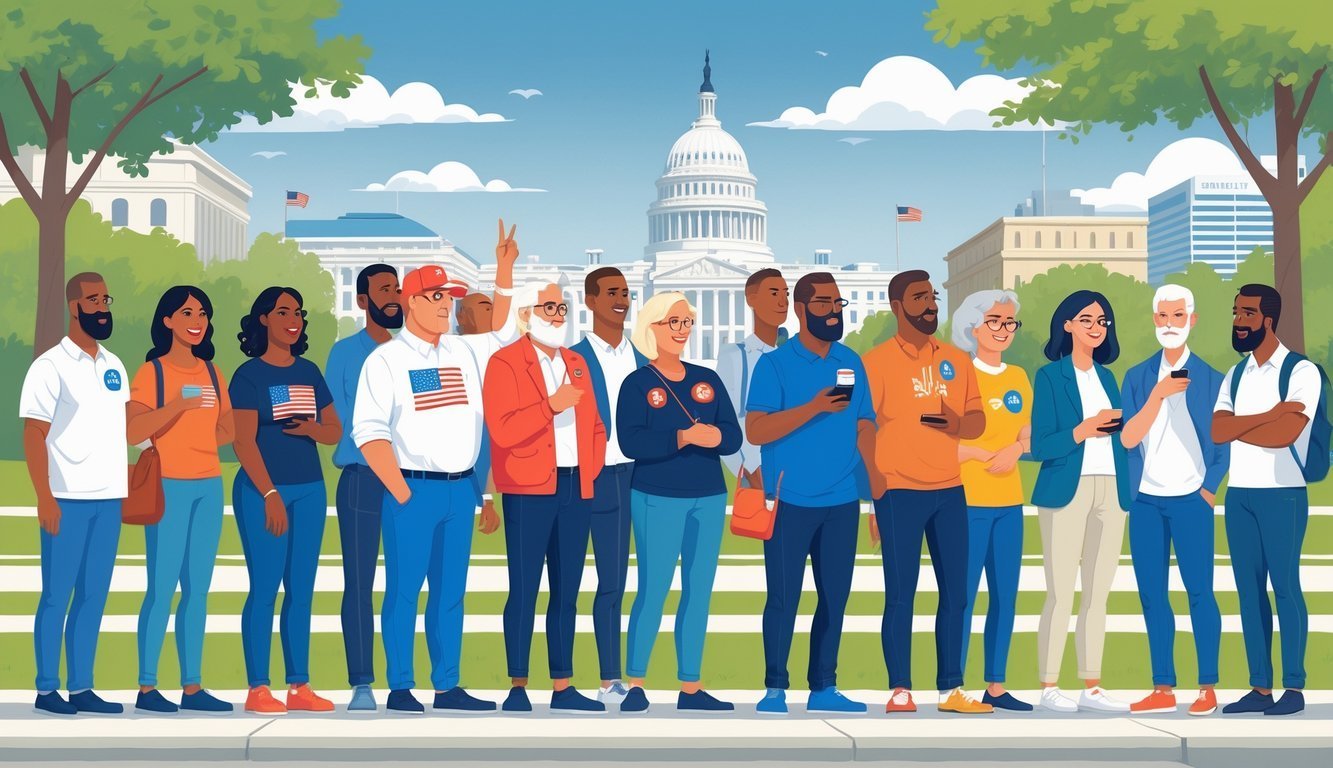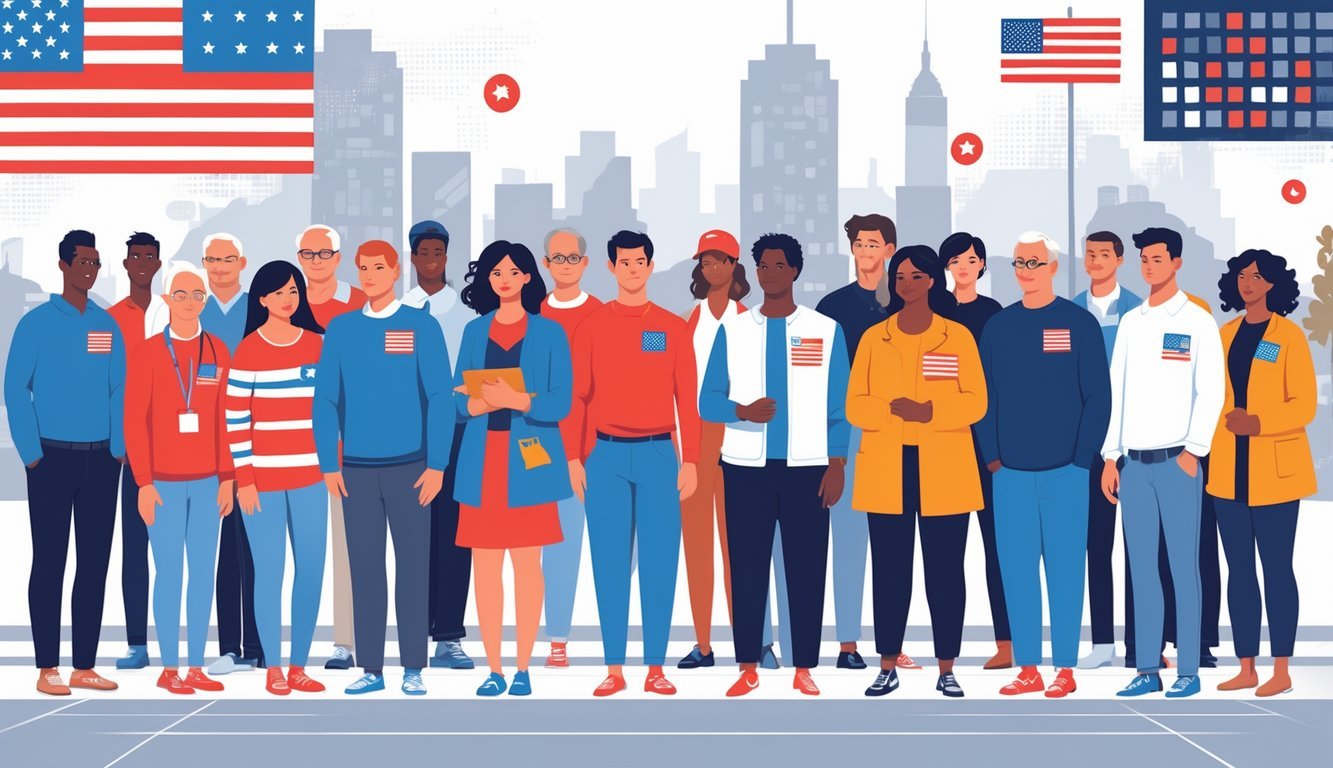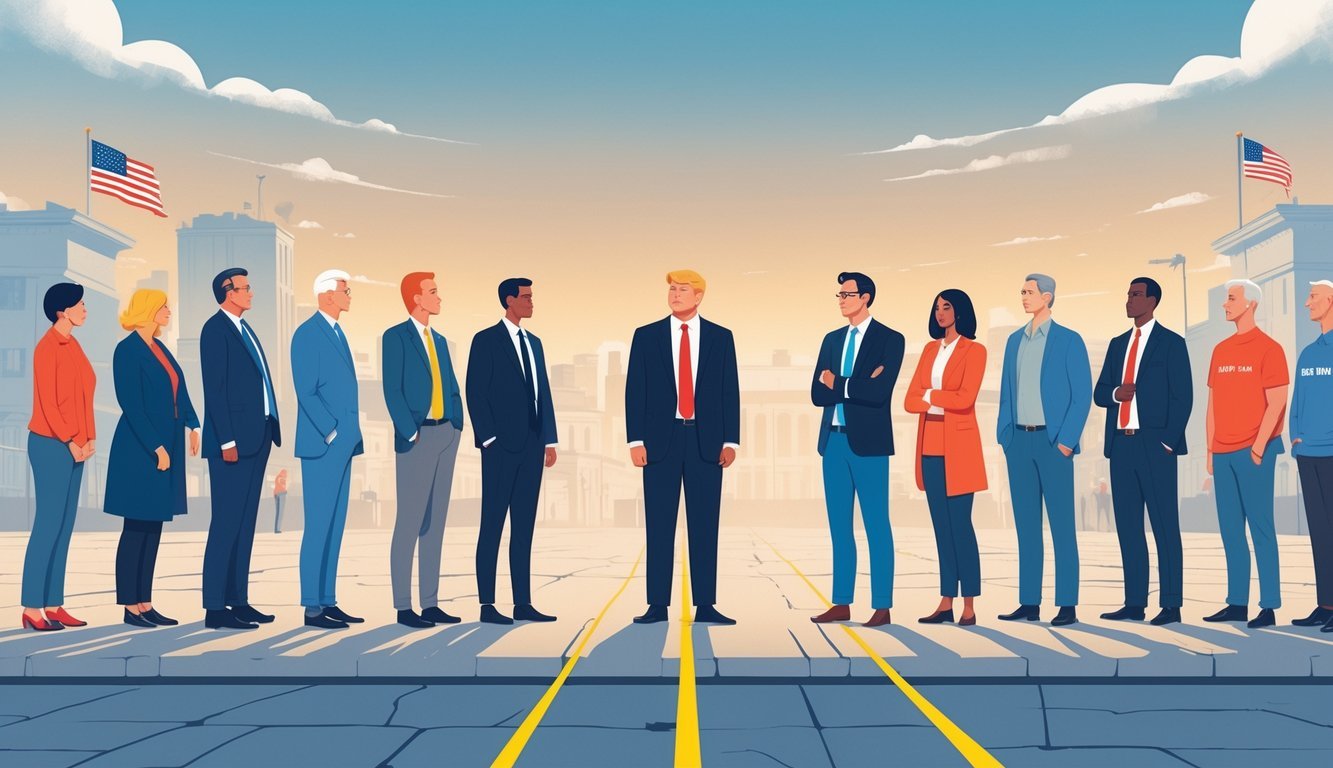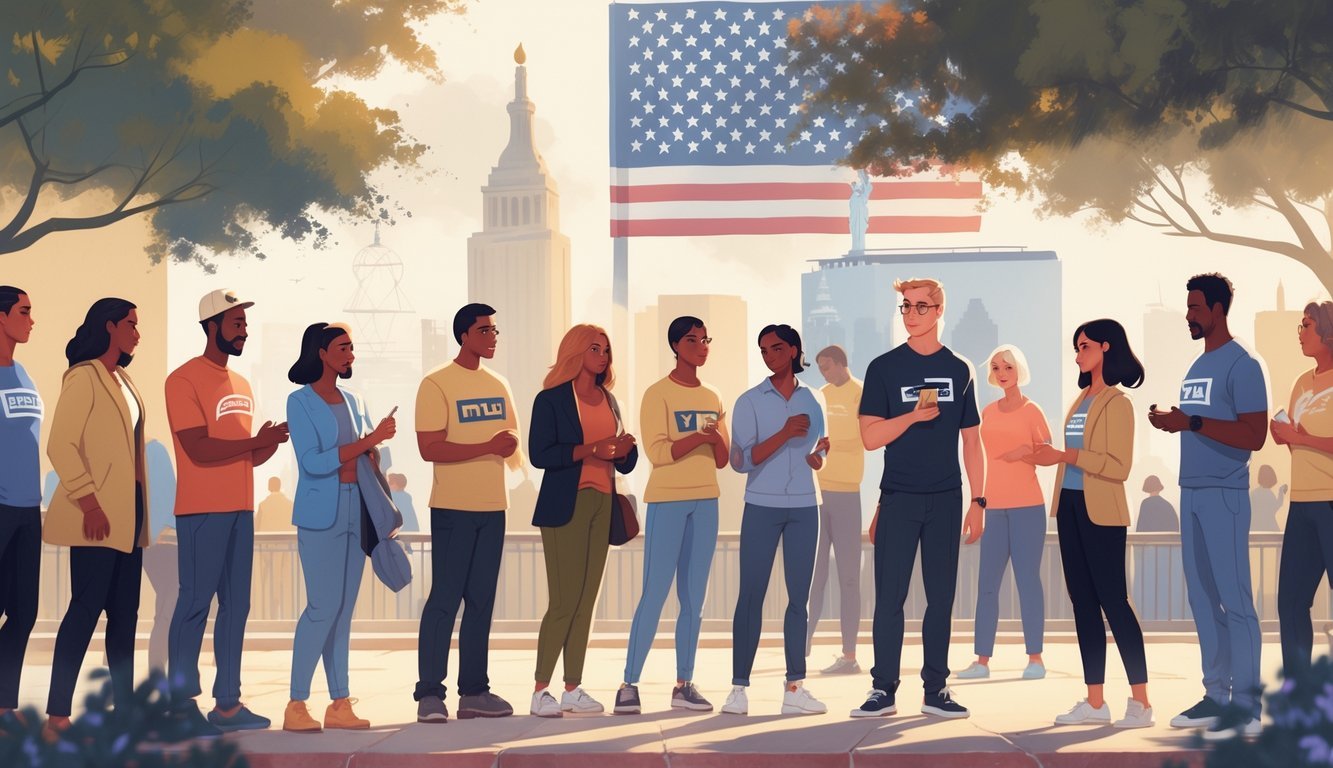PsychNewsDaily Publishers
100 Summit Drive
Burlington, MA, 01803
Telephone: (320) 349-2484
PsychNewsDaily Publishers
100 Summit Drive
Burlington, MA, 01803
Telephone: (320) 349-2484
Political identity increasingly defines Americans' social interactions, influencing friendships, community engagement, and perceptions of others, while deepening polarization and complicating cross-party connections.

These days, your political party feels like a core part of your identity. Recent studies point out that Americans now connect with their political beliefs even more than with race or religion. This shift touches how people pick friends, talk to family, and see others in their neighborhoods.
Political identity shapes social connections and personal identity more than anything else in the U.S. right now. Your political views don’t just show up at the ballot box—they shape your whole social landscape. Maybe that’s why politics often feels so personal and why everyday relationships get tangled up in it.
You probably notice that political groups stick to their own ideas and don’t mingle much with opposing sides. This tight bond explains why political divides seem bigger now and why finding common ground feels tougher than ever.

Politics now plays a huge role in how Americans see themselves and each other. Your political party and opinions can shape your friendships, your activities, and even how you feel about your town or state.
This link between politics and identity changes how people interact and make choices every day.
Social identity is how you see yourself based on the groups you belong to—like family, religion, or where you’re from. Political identity is just one kind of social identity that connects you to a party or set of beliefs.
When you say you’re a Democrat, Republican, or independent, you’re showing your political identity. It’s more than just voting—it affects your attitudes and actions. For some, political identity feels just as important as race or gender.
Partisanship means sticking strongly with one political party. These days, lots of folks let party loyalty steer their choices. You might trust people more if they share your party.
Studies say your political attitudes reach far beyond elections. You may avoid hanging out or working with people from the other side. Your views shape who you relate to and who you keep at arm’s length.
Social categorization happens when you sort people into groups based on things like looks or beliefs. Politics has turned into a major way people group each other. You might spot someone’s party just from a quick label or a bumper sticker.
Your political preferences now tell others a lot about your values and personality. These categories help you decide who fits into your social circle. At the same time, they can make it harder to accept or understand people who see things differently.
Key points:

When you look at research, you see clear patterns about how politics shapes social life. Political divisions affect who you talk to, how much you join in community activities, and even how often you vote.
These effects really show up in daily life and the overall health of your community.
Researchers find that political polarization in the U.S. keeps getting stronger. Experiments show that people trust and listen more to those who share their political views.
This trust gap makes it harder for groups to understand each other. As polarization rises, your political identity can start to define you even more. It shapes how you see others and influences your social choices.
Polarization changes your social circle. You’re more likely to spend time with people who match your politics. Social networks shrink and lose diversity.
This shift affects civil society because fewer people reach out to those with different political identities. It’s harder to find common ground and work together on community problems. Research also links more polarization to lower social trust, so you might feel less connected to your neighbors.
Political polarization shapes how often you vote and get involved. Some studies say strong political feelings boost turnout because people feel fired up.
But extreme polarization can also push people away. You might skip politics if it feels too toxic. Data suggests participation patterns differ by group, but political identity clearly links to election involvement.
Key factors from studies:

Political beliefs now shape so many parts of your social life. They affect how you see others, what opinions you have, and which groups you feel part of.
As political views get stronger, people tend to stick with those who agree with them. It can make it tough to connect with friends or family who support another party. You may notice more arguments or less trust between political sides.
Your political identity shapes how you see facts and news. You might support ideas that match your party, even when other info says otherwise. That’s why opinions on issues often line up with party lines.
Party platforms give you a set of beliefs and values to latch onto. When you support a party, you often pick up its views on things like the economy, race, or religion. This shapes how you see yourself and how others see you.
When political groups feel totally opposed, tensions rise. Extreme views and deep mistrust can spark conflicts that turn violent. Polarization makes compromise tough, which raises the risk of unrest.
Republicans are often older, live in rural areas, and tend to be more religious. Democrats usually skew younger, live in cities, and come from more diverse backgrounds. These trends help explain the political divide you see.
People now tie their partisan identity closely to who they are. Media outlets and social networks usually highlight just one perspective.
This makes it harder for folks to see where others are coming from. Political disagreements start to feel personal, almost like an attack on you.